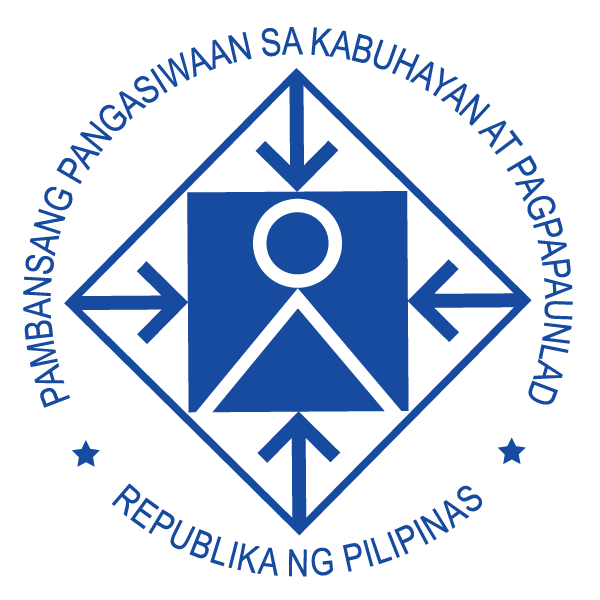Services for Clients in Centers and Non-Residential Care Facilities
The Residential and Non-Residential Care Services of the DSWD cater to vulnerable and disadvantaged children, youth, women, senior citizens, persons with disability, other individuals and families in crisis, through the operation of residential and non-residential care facilities offerring the needed interventions.
Under the Residential Care Service, a 24-hour group living is provided on a temporary basis to poor, vulnerable and disadvantaged individuals and families in crisis whose needs cannot be met by their relatives. Residential care facilities provide the following interventions: social services; homelife services; health and nutrition services; educational services; productivity/livelihood services; cultural and recreational activities; and, spiritual enrichment activities. The DSWD operates 65 residential care facilities in 16 regions.
The Non-Residential Care Service includes interventions rendered on a daily basis or during part of the day, addressing crisis or developmental concerns of an individual, a group of individuals or a family.
Implementing Agency: DSWD
Target Beneficiaries
- Residential: abandoned, neglected or abused children, women, youth, persons with disabilities, senior citizens, displaced persons as well as individuals and families in crisis
- Non-residential: Persons With Disability, Bereaved Women
Key Accomplishments
Total rehabilitation rate of the residential care facilities is 37.48% which is beyond the target of 30% rehabilitation. While for the center or non-residential is 19.11% which is also beyond the target of 10% rehabilitation.
Area Vocational Rehabilitation Centers for PWDs contributed to the employment preparedness of PWD clients. As affirmed by respondent PWDs the vocational training services of the AVRCs were able to help them prepare for job placement. Through training they were able to acquire technical skills in their particular vocational course, develop their skills in communication and positive attitude towards work. PWDs were satisfied with the performance of the centers on the provision of placement services.
The job placement of a client in the vocational rehabilitation center is undertaken through a multidisciplinary approach which starts with evaluation, planning, treatment, termination and after-care phase. A group of professionals work together as a team, these are the medical officer, social worker, psychologist, vocational instructor and placement officer. The AVRC had recorded an average of 78 percent provided job placement of graduate PWDs.


